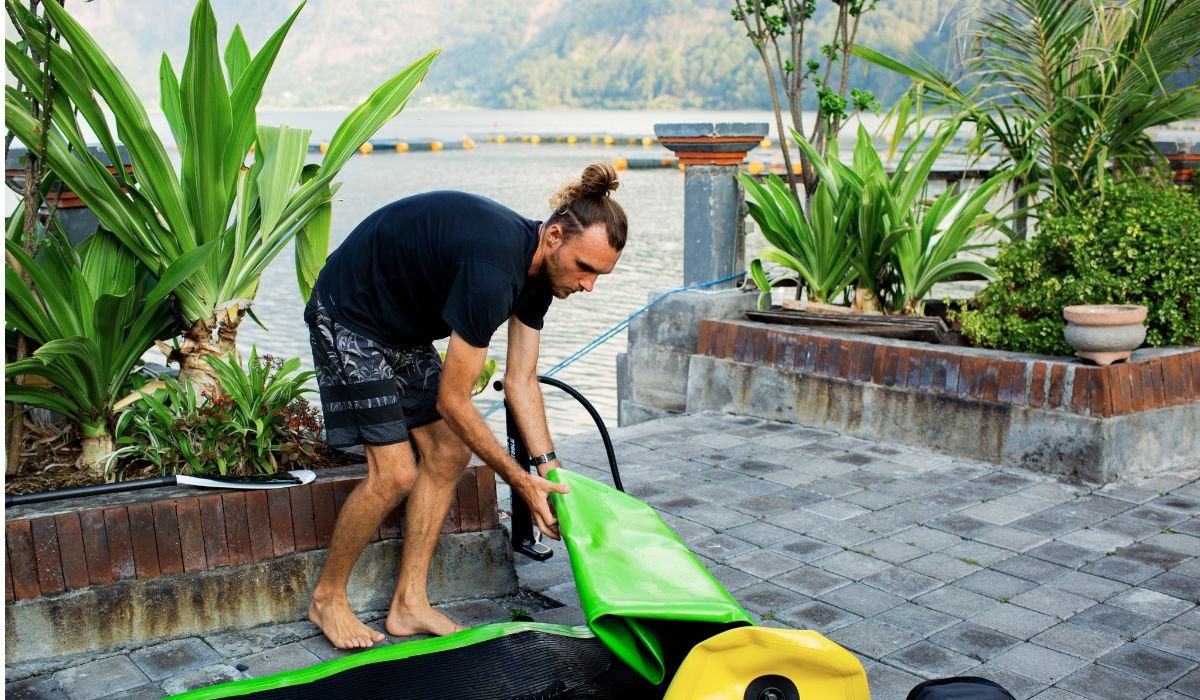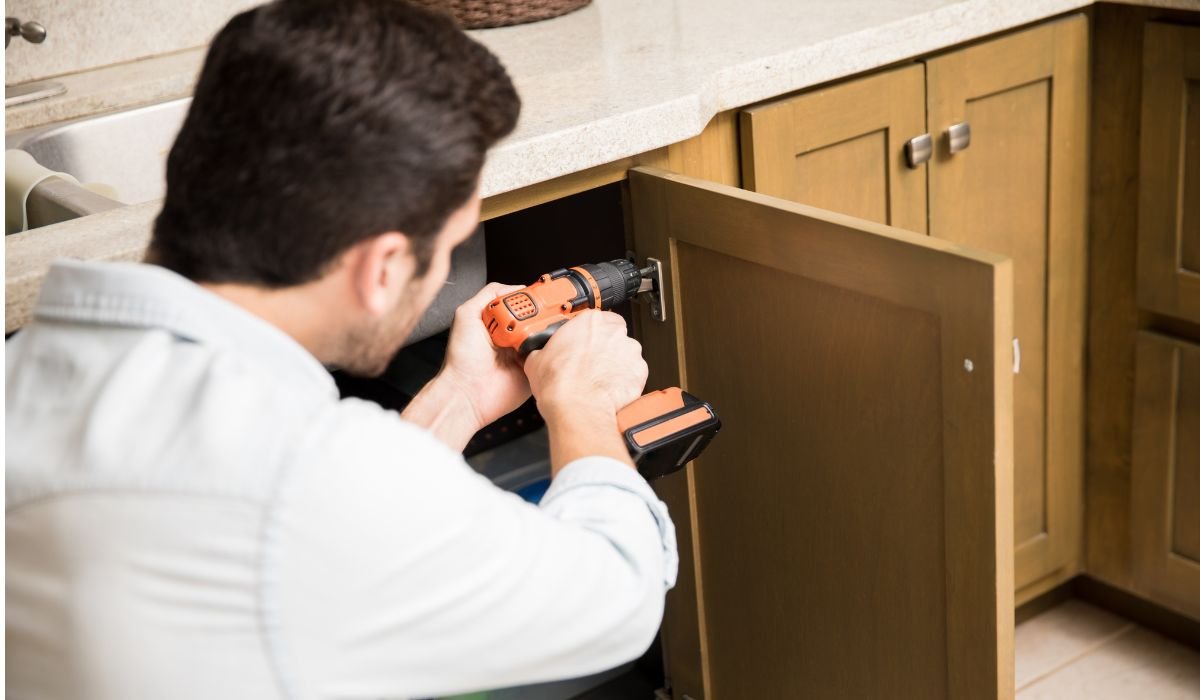Motorcycle accidents, while unfortunate, are something that every rider should be prepared for. In a split second, you can go from enjoying the ride to being involved in an accident. Knowing how to handle the situation safely and legally can make a world of difference in your recovery and future claims. This guide will walk you through the necessary steps to ensure your well-being and protect your legal rights after a motorcycle accident.
Immediate Actions After a Motorcycle Accident
The moments immediately following a motorcycle accident are crucial. What you do right after the accident can have a significant impact on your safety, the severity of your injuries, and your ability to recover damages.
Stay Calm and Assess the Situation:
The first step in any accident is to remain calm. Adrenaline can be high, but it’s important to take a deep breath and assess the situation. If you’re conscious and able to move, check yourself and any passengers for injuries. Even if you don’t feel any immediate pain, injuries such as whiplash or internal injuries may not show symptoms right away.
Ensure Safety:
Once you’ve checked for injuries, if it’s safe to do so, move yourself and your motorcycle to the side of the road. This helps prevent further accidents from happening, especially if your bike is in a dangerous position or traffic. Turn on your hazard lights or set up reflective cones if you have them to alert other drivers.
Call Emergency Services:
Dialing emergency services is essential. Even if the accident seems minor, it’s important to have police and medical personnel assess the scene. When speaking to the dispatcher, be sure to provide the following details:
- The location of the accident.
- The number of vehicles involved.
- Any injuries, even if they seem minor.
Police report and medical records will be critical when filing insurance claims or pursuing legal action later on.
Collecting Information
Gathering information is a vital part of handling a motorcycle accident, both for your safety and for future claims.
Exchange Information with the Other Parties:
Just like any other accident, you must exchange information with the other driver(s). This includes names, contact information, insurance details, and license plate numbers. Additionally, make sure to get the driver’s license and vehicle registration numbers. Stay polite and avoid engaging in arguments or assigning blame at the scene.
Document the Accident Scene:
Photos can be powerful evidence, so document as much as you can. Take pictures of your motorcycle, the other vehicles involved, any road hazards, and the overall accident scene. If there are skid marks, debris, or broken glass, capture those too. This documentation can support your case if you need to file an insurance claim or pursue legal action.
Witness Information:
If there were any witnesses to the accident, make sure to get their contact information as well. Their testimonies could help clarify the circumstances of the accident, especially if there is a dispute about fault.
Seeking Medical Attention
Even if you feel fine after the accident, it’s crucial to seek medical attention. Motorcycle accidents often result in injuries that may not be immediately obvious.
Even if You Don’t Feel Injured, See a Doctor:
Sometimes the effects of an accident don’t show up until hours or even days later. Whiplash, internal injuries, concussions, and soft tissue damage can all present delayed symptoms. Therefore, it’s always a good idea to get a full medical evaluation, even if you think you’re unhurt.
Documenting Injuries for Legal and Insurance Purposes:
When seeking medical treatment, make sure to keep detailed records of all appointments, treatments, and medications. These records will serve as essential documentation in case you need to file an insurance claim or pursue compensation for medical expenses, lost wages, or pain and suffering.
Legal Considerations After a Motorcycle Accident
Navigating the legal side of an accident can be overwhelming, but understanding your rights and obligations is essential to protecting yourself and your interests.
Report the Accident to Your Insurance Company:
You should report the accident to your insurance provider as soon as possible. Many policies require that accidents be reported within a certain timeframe, so delaying could jeopardize your coverage. Be honest and thorough when describing the accident to your insurer misrepresentation or omissions could affect your claim.
Understanding Your Legal Rights:
Motorcycle accident victims have the right to seek compensation for damages, including medical bills, property damage, lost wages, and pain and suffering. Each state has its laws regarding motorcycle accidents, so it’s crucial to understand your rights and options in your area.
The Importance of Not Admitting Fault:
At the scene of the accident, it’s vital not to admit fault, even if you believe you were partially responsible. The fault is often determined after a thorough investigation, and admitting fault at the scene can negatively impact your ability to recover damages. Be polite and cooperative with law enforcement, but refrain from making any statements that could be used against you later.
Consult with a Motorcycle Accident Lawyer:
If you’ve been injured in a motorcycle accident, it’s always a good idea to consult with an experienced motorcycle accident lawyer. A lawyer can help you navigate the legal process, assess your case, and fight for the compensation you deserve. Check out Melanson for the best motorcycle accident lawyer to ensure you have the legal representation you need to protect your rights.
Common Mistakes to Avoid After a Motorcycle Accident
When dealing with the aftermath of a motorcycle accident, it’s easy to make mistakes, especially when emotions run high. Here are some common errors to avoid.
Failing to Report the Accident:
In some cases, riders may feel the accident is too minor to report, but failing to file a police report can significantly hurt your case. Insurance companies and lawyers rely on police reports to establish the facts, and not having one could hinder your ability to file a claim or seek compensation.
Not Getting the Necessary Medical Attention:
Even if you feel fine initially, neglecting to seek medical attention can be a costly mistake. Delayed injuries, such as back pain, neck stiffness, and headaches, are common after motorcycle accidents and may not show up until days later. Additionally, failing to document medical issues immediately can harm your ability to recover compensation.
Talking Too Much to the Other Party’s Insurance:
After the accident, avoid speaking directly with the other driver’s insurance company. Insurance adjusters often try to settle quickly for less than what you deserve. It’s best to let your lawyer handle communications with the other party’s insurer to ensure your interests are protected.
Conclusion
Knowing what to do after a motorcycle accident can make all the difference in ensuring your safety and legal protection. From staying calm and assessing the situation to gathering information and seeking legal advice, following these steps can help you navigate the aftermath of an accident more effectively. Always remember that motorcycle accidents can be complex, and getting the right legal and medical help is essential for a successful recovery.
Stay informed, stay prepared, and ride safely.











